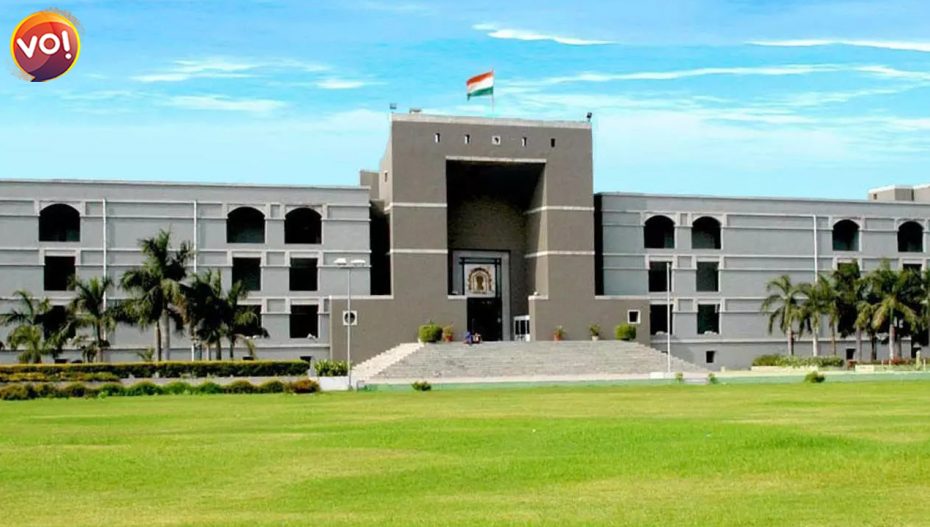The Gujarat High Court denied the writ of mandamus seeking disclosure of raw marks in the exam results of the posts of ‘Vidhyut Sahayaks’. The single bench of Justice Biren Vaishnav clarified “merely because the apprehension of the petitioners is that they had got less marks than expected is no ground on which a challenge to the adoption of normalization procedure can be sustained.”
The Petitioners were candidates who had appeared in the recruitment process for the posts of ‘Vidhyut Sahayaks’ in 2019. The exam results were declared in 2021. The Petitioners were optimistic to get their raw marks for the examination. It was claimed that the electricity companies had uploaded the answer keys but had removed them from the official website after some time. The Right To Information (RTI) filed by the Petitioners in this regard was rejected.
The Petitioners submitted that it is their ‘fundamental right’ to know their raw marks and the answer keys for the sake of transparency. To bring home this contention, reliance was placed on Mradul Mishra vs. Chairman, UP Public Service Commission, Allahabad 2018(3) ApexCJ 359.
Further, it was evident from the answer keys that one of the candidates got 104/100 due to which the results were removed from the website. Finally, it was submitted that permitting candidates to see the marks would ensure fair play as was laid down in Kerala Public Service Commission and Others vs. The State Information Commission and Others Civil Appeal No 823-854 of 2016.
The Respondent State opposed the petition on the ground that it was clearly stated that normalisation of marks methodology would be adopted. The general rules of the examination did not allow for disclosure of raw marks and therefore, no objection could be raised by the “Petitioners after subjecting themselves to the examination process”.
Further, the Respondent authorities opposed the prayer for restraining the award of appointment letters. Reference was made to Manish Kumar Shahi vs. the State of Bihar (2010) 12 SCC 576 to bolster this contention. Referring to the recruitment advertisement, the High Court concluded that it was known to the candidates that the examination would be held in multiple batches if the number of candidates is too large.
The Bench disagreed with the Petitioners stating that merely being unemployed individuals who would benefit from the disclosure of marks, there was no ground basis on which such a writ could be granted.
Read: Gujarat HC: Don’t Deny And Delay Fundamental Rights, Issues Mandamus













